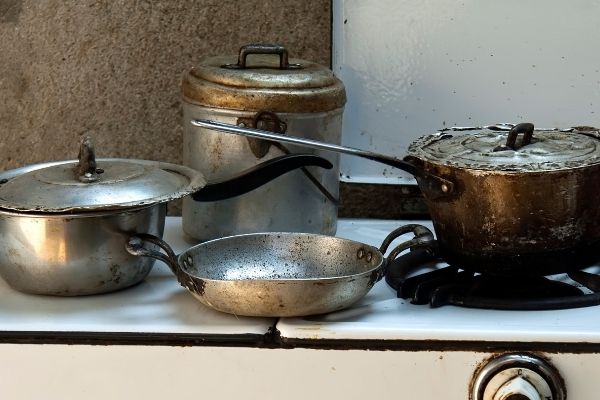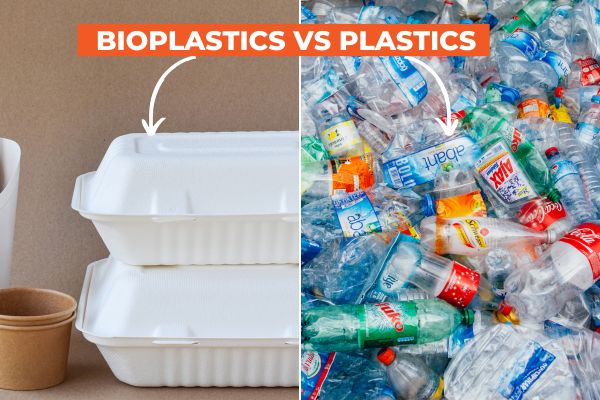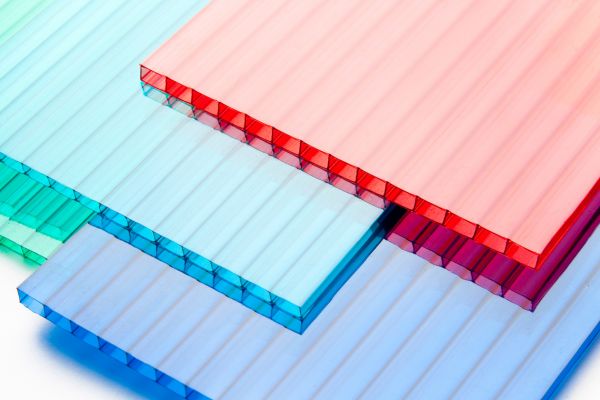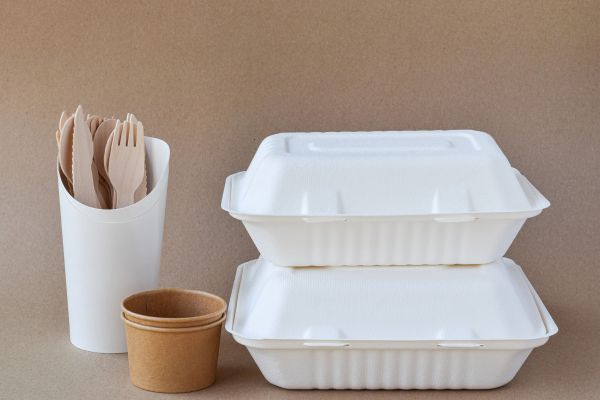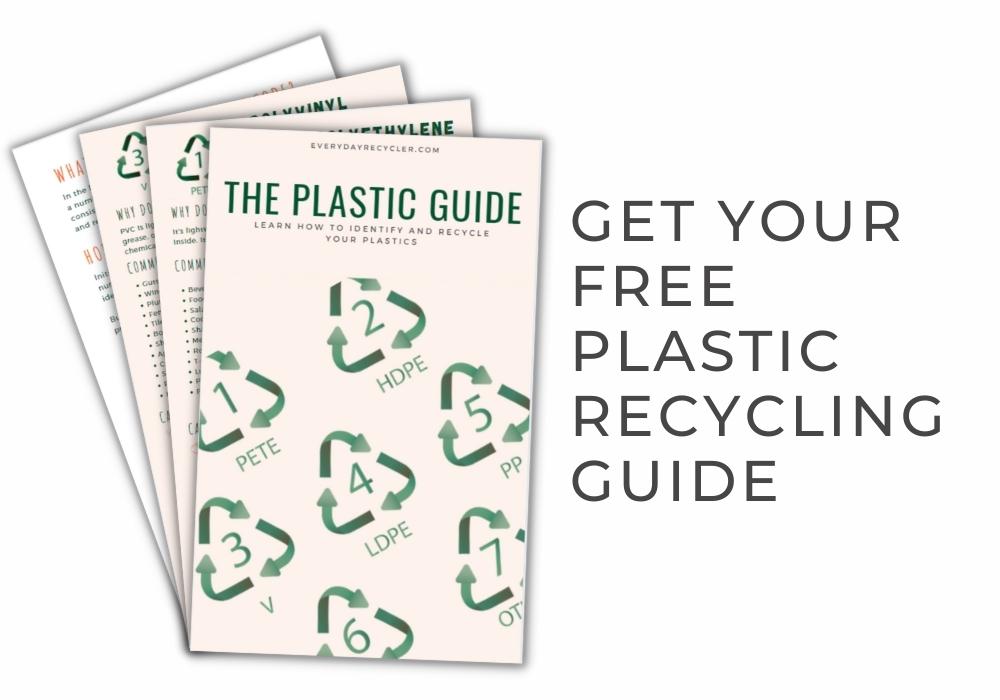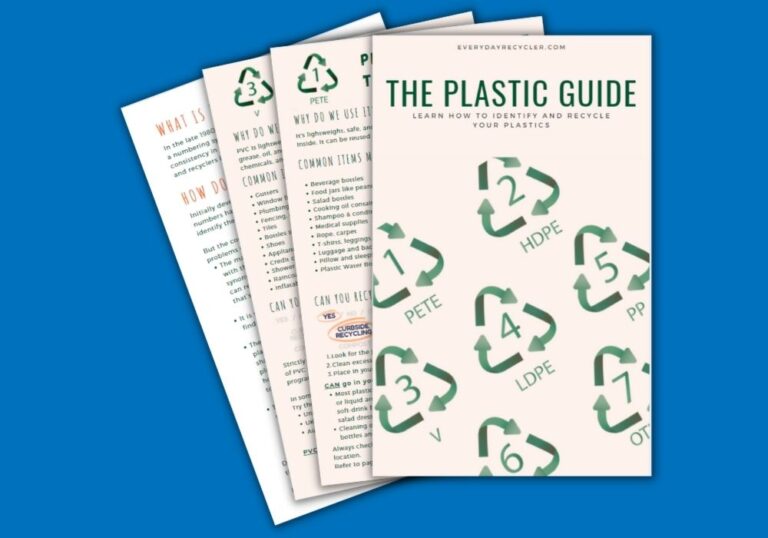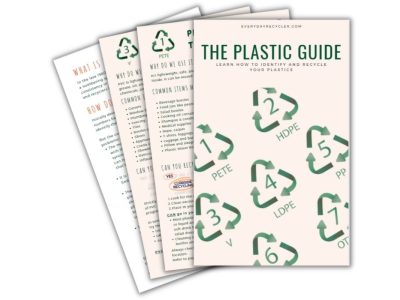Although cookware is one of an item in our homes that lasts a very long time, they do not last forever. Sooner or later, you need to replace your pots and pans. It’s at this time, you might be wondering can you recycle pots and pans.
First, let’s look at what pots and pans are made to help us understand if they can be recycled or not. Then we will look at some options for reusing and recycling your old pots and pans.
What are pots and pans made from?
Pots are generally made from metals such as aluminum, copper, or stainless steel. Even though these are all metals they are not all the same type of metal. It is important to understand the difference to help you work out if your old pots and pans can be recycled.
There are three main types of metals: ferrous, nonferrous, and metal alloys.
- Ferrous metals contain iron and are know for their trength and durability. Steel is an example of a ferrous metal.
- Non-ferrous metals do not contain iron making them more malleable and due to the lack of iron they resist rust and corrosion better. Common examples are aluminum, copper, lead or gold, and silver.
- The third type of metal is an alloy, a material that contains two or more metals. They usually compliment each other and improve the properties of the material such as increased hardness or a lower melting point. The most common alloys include bronze, cast iron, brass, or stainless steel. Alloys can either be ferrous or non-ferrous depending on the metals that are mixed together.
You can learn more about metals in Metal Recycling Facts And The Recycling Process.
How can you tell if your cookware is made from ferrous or nonferrous metals?
The easiest way to test for ferrous or nonferrous metals is to use a magnet. If the magnet sticks, it is a ferrous metal like steel, iron, or a steel alloy. If the magnet does not stick to the metal, then it is one of the nonferrous metals like aluminum, copper, brass, or perhaps it is not metal at all. It is important to understand this as there are some scrap yards that will only accept ferrous or nonferrous metals.
What about nonstick coatings?
To make pots and pans nonstick, they are usually coated with Teflon, a chemical coating of polytetrafluoroethylene. This coating makes recycling a bit more complicated as the coating needs to be removed before the metal can be recycled. As a result, there are some places that won’t accept these types of pans. It is a good idea to check with the recycling service or scrap metal service before you take your old pots to them.
First ask yourself do you really need to replace them?
The best thing we can do with any item we own is to continue to use it. This supports the circular economy principle of keeping materials in use for use as long as possible. It has taken a lot of resources and effort to produce the item.
If your old pots and pans are still usable, why not keep them for a little longer. You will help keep these resources in use longer and will save yourself some money while you are at it.
Reuse options for your old cookware
With the idea of keeping products in use if you must replace your cookware and it’s in good condition then why not consider donating it. There are a few other options to exhaust before you need to send your old cookware to be recycled.
- If your old cookware is still usable and you are an avid camper why not consider downgrading it for your camping activities.
- If you think your old cookware is still in good enough condition try listing it on a Freecycle or BuyNothing group in your area. You might be surprised that someone might be able to use it.
- Donating old pots and pans to second-hand or charity stores is a great idea if they are still in good condition. Remember if you no longer want them because they are in bad condition then most likely no one else will want them either. Charities often receive a lot of items that are no longer usable and then have the responsibility of disposing of them. This can be quite expensive and time-consuming. If your old pans are no longer usable then refer below for better options to dispose of them.
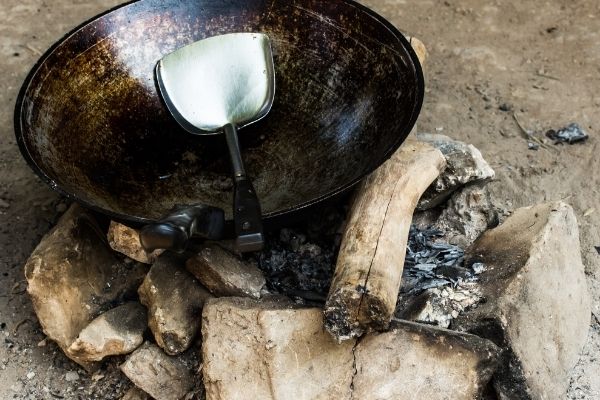
Can you recycle your pots and pans?
If your pots and pans are really at the end of your life, there are a few things you need to know to dispose of them properly.
Can cookware go in your recycling bin?
Even though cookware is usually made from metals, most curbside recycling programs do not accept it. That said, there are a few locations where scrap metal is accepted in your curbside bin, so be sure to check with your local authority.
Check if the cookware brand has a recycling program
These days many brands are creating recycling programs for their products to be more sustainable and take responsibility for their impacts. It’s a good idea to check with the brand to see if they have a program like this.
TerraCycle has a zero-waste box for recycling old pots and pans in the USA, including all brands of metal-based cookware, bakeware, and cutlery. This program includes nonstick aluminum, stainless steel, carbon steel, and cast iron. Another brand called Great Jones has a recycling program and also has recycled cookware products.
Find a scrap metal facility
If you have exhausted the above options or know that you have a scarp metal facility nearby then this is a great option for recycling pots and pans. We recommend contacting your local scrap metal yard to be sure that accept old cookware. Be sure to check if they only accept ferrous or nonferrous metals and check which type you have. You can use a magnet as described above.
If your cookware has a nonstick coating, then also be sure to check with the scrap metal yard to see if they accept these items.
Oh and don’t forget to include the lids too. Many pot lids are made from metals just like the pots and pans above. Note, however, many lids are made from glass. These glass lids need to be disposed of separately and most likely in your trash. The glass has been heat-treated and cannot easily be recycled. Check with your local scrap yard if they accept lids also.
It might just have to go in your general trash
If none of these options are available to you, you will need to place your old pots and pans into the general trash. Pots and pans do not belong in your curbside recycling.
Consider buying recycled cookware
Now that you have worked out how to recycle your old pots and pans, why not consider a recycled product for your new purchase? Many brands offer sustainable cookware, including:
- Amoretti brothers
- Tefal
- Woll Eco-lite
- Scanpan
- Prestige Eco
- Combekk
- Great Jones
- Calphalon
- Milo Cookware
Want to learn more about hard-to-recycle items? Check out the following popular articles:


